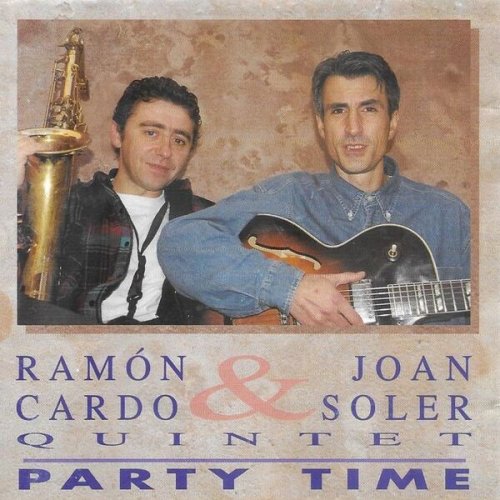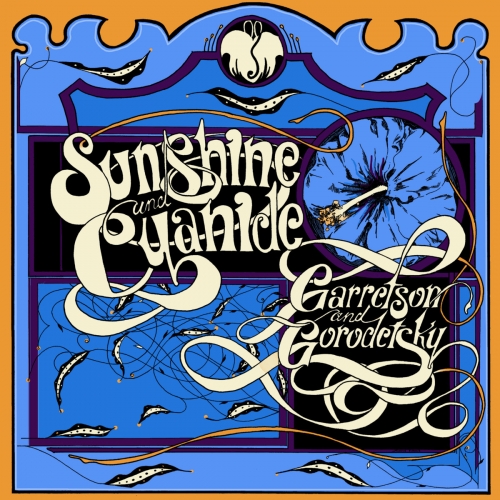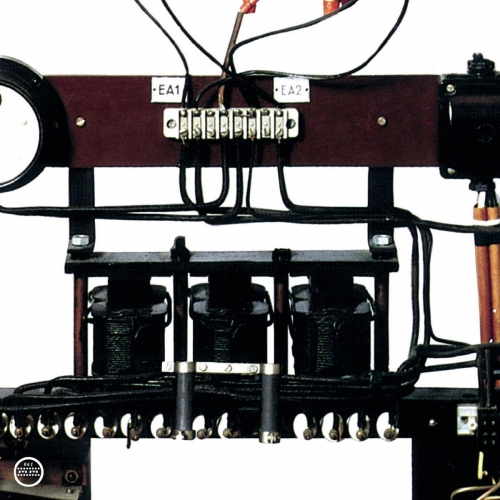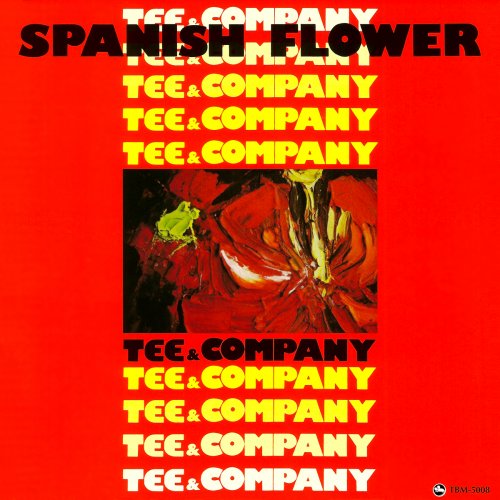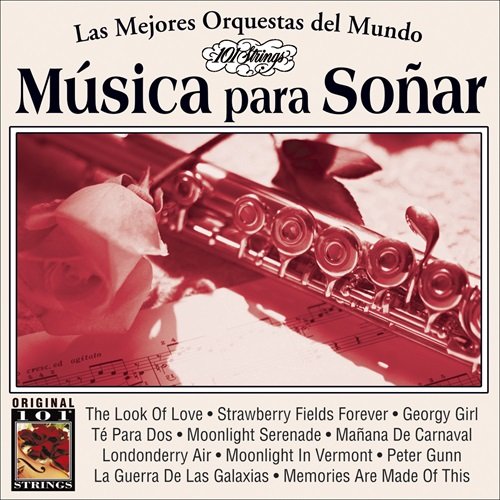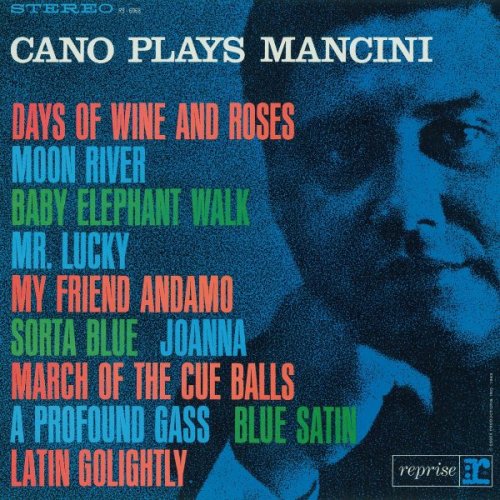Fred Anderson - Black Horn Long Gone (2009)
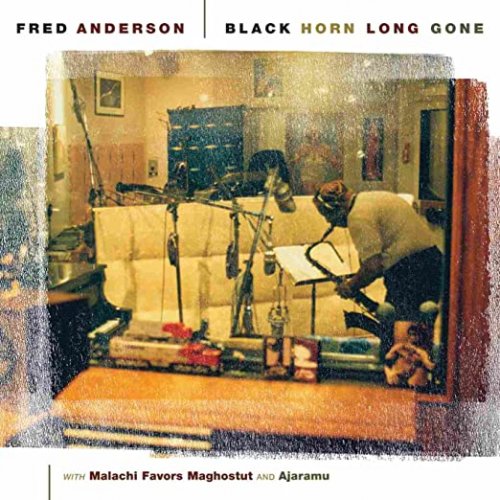
Artist: Fred Anderson
Title: Black Horn Long Gone
Year Of Release: 2009
Label: Southport Records
Genre: Free Jazz
Quality: FLAC (tracks+.cue, log, Covers)
Total Time: 1:01:11
Total Size: 406.7 MB
WebSite: Album Preview
Tracklist:Title: Black Horn Long Gone
Year Of Release: 2009
Label: Southport Records
Genre: Free Jazz
Quality: FLAC (tracks+.cue, log, Covers)
Total Time: 1:01:11
Total Size: 406.7 MB
WebSite: Album Preview
01. Wandering (5:59)
02. Our Theme (6:27)
03. Saxoon (6:41)
04. Three on Two (10:01)
05. Bernice (9:26)
06. The Strut Time (8:31)
07. Malachi's Tune (6:06)
08. Ode to Clifford Jordan (8:03)
To understand why this album has the intriguing title Black Horn Long Gone, one needs to read producer Joanie Pallatto's liner notes. In an interview, Fred Anderson explained to Pallatto that he had long since parted with the black tenor saxophone that he plays on this trio recording; thus, Southport ended up calling the disc Black Horn Long Gone. The fact that the title refers to something that is "long gone" lets you know that this is not a new recording; Black Horn Long Gone was recorded in January 1993 but wasn't released by Southport until January 2010. Both of the improvisers who form an acoustic trio with Anderson on this 61-minute CD (bassist Malachi Favors and drummer A.J. Shelton, aka Ajaramu) have since passed away; Favors died in 2004, Shelton in 2006. The trio is pianoless, which is not unusual for Anderson. The sax/bass/drums format has been advantageous for Anderson on other recordings, and it is obviously advantageous here. Anderson plays with a lot of passion and conviction on avant-garde originals like "Saxoon," "The Strut Time," "Bernice," and "Wandering"; his playing is quite free and uninhibited, but the fact that Black Horn Long Gone has an avant-garde orientation doesn't mean that Anderson is oblivious to saxophonists who came out of bop. His admiration for Sonny Rollins and Gene Ammons comes through during his passionate improvisations, and one of the tunes is titled "Ode to Clifford Jordan." But expressing admiration for those tenor men doesn't mean that Anderson is actually emulating any of them; by 1993, he had long since developed his own individualistic sound. And even though Anderson ended up parting with the black horn, it clearly serves him well on this solid effort.
